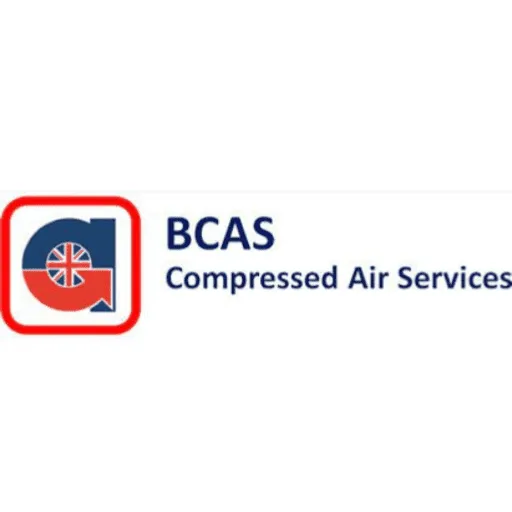Developing and implementing an effective sexual harassment policy is a crucial step in complying with your legal obligation to prevent sexual harassment in the workplace. Our HR specialists, with our decades of experience in employment law and practice, can provide the advice and guidance you need to produce an effective sexual harassment policy tailored to your organisation.
Call us now on 01491 598 600 or Click Here to Make An Enquiry and we will be delighted to help you.
What Is A Sexual Harassment Policy?
A sexual harassment policy is a document used by employers to outline their organisation’s stance on sexual harassment in the workplace.
What Should You Include In Your Sexual Harassment Policy?
The content of a sexual harassment policy varies between organisations, and what you should include in yours depends on several factors. They include the size of your business and your sector.
Examples of the types of matters frequently covered by organisations in their sexual harassment policies include the following:
• A Clear Definition Of What Constitutes Sexual Harassment In The Workplace
The types of conduct that can constitute sexual harassment are often wider than many people imagine. A clear definition, along with examples, can go some way towards ensuring everyone understands the types of behaviour that can amount to sexual harassment.
The Equality Act 2010 sets out what constitutes sexual harassment in a legal sense. Sexual harassment is unwanted behaviour of a sexual nature. The behaviour must either:
- Violate a person’s dignity, or
- Create an environment that is hostile, intimidating, degrading, or offensive.
The behaviour can constitute sexual harassment if it has one of the effects listed above, even if that was not intended. Furthermore, it can be sexual harassment if it was intended to have one of these effects but did not.
Some examples of what sexual harassment in the workplace may look like include the following:
- Rape
- Sexual assault
- Touching someone in a suggestive way, for example, by touching their leg
- Asking someone questions about their sex life
- Making inappropriate comments about an individual’s appearance or clothing
- Sexual jokes
- Displaying sexual material, for example, by way of a poster.
• A Statement To Confirm That You Adopt A Zero-Tolerance Stance On Any Instances Of Sexual Harassment
To remove any doubt on your organisation’s standpoint on sexual harassment, your policy should state that you will not tolerate sexual harassment and will treat all complaints seriously and with respect. Your policy should make it clear that this applies to everyone within your organisation, regardless of their role or seniority.
• Clear Details About What Someone Should Do If They Witness Or Experience Any Instances Of Sexual Harassment
Your policy should explain how any instances of sexual harassment can be reported. If your organisation’s usual grievance procedure applies, your policy should link to that procedure. If you have a separate, standalone procedure for complaints relating to sexual harassment, you should detail what that is.
Wherever possible, employees should be able to report sexual harassment to a variety of people and choose the one with whom they feel most comfortable.
• Clear Instructions To Managers On How They Should Address Any Complaints Of Sexual Harassment
If sexual harassment complaints are to be dealt with in accordance with your organisation’s general grievance procedures, you should link to those. If you have put a specific sexual harassment policy in place, you should link to that policy. Either way, managers should be able to assess what is expected of them and complainants should understand what to expect.
• A Statement To Clarify How Your Organisation Will Handle Any Complaints Of Sexual Harassment Made Against Third Parties, Such As Clients Or Customers
Only people who work for you will be subject to your organisation’s policies and procedures. Accordingly, you must consider how you will deal with any allegations of sexual harassment made against external third parties, such as suppliers, customers, and members of the public. You should detail your intentions in your sexual harassment policy.
• What Types Of Support You Can Offer Anyone Involved In A Sexual Harassment Complaint
You should think about how you can support anyone involved in a sexual harassment complaint, and whether you will offer that support internally or signpost them to external organisations. You should provide details of that support in your sexual harassment policy.
• How You Deal With Employees Needing To Take Time Off Work Because Of Sexual Harassment
If an employee needs to take time off because of a sexual harassment matter, their absence should usually be paid and should not count against them. You should explain your organisation’s stance on this point in your sexual harassment policy.
• How You Assess The Risks Of Sexual Harassment Within Your Workplace And The Steps You Take To Mitigate Those Risks.
Employers have a mandatory duty to prevent sexual harassment from arising in their workplace. This involves undertaking a risk assessment to identity any specific risks inherent in your organisation or the sector in which you operate on, and considering what measures you might reasonably implement to mitigate them.
You might include details of how you manage and reduce the risk of sexual harassment in your sexual harassment policy, or elsewhere such as in a guidance document for managers. The important point is that you have it documented somewhere. That way, managers can refer to it to understand the steps they should take to prevent sexual harassment from occurring, and you can show your business’s compliance with its legal duties, should you be called upon to do so.
Call us now on 01491 598 600 or Click Here to Make An Enquiry and we will be delighted to help you.
























































































































